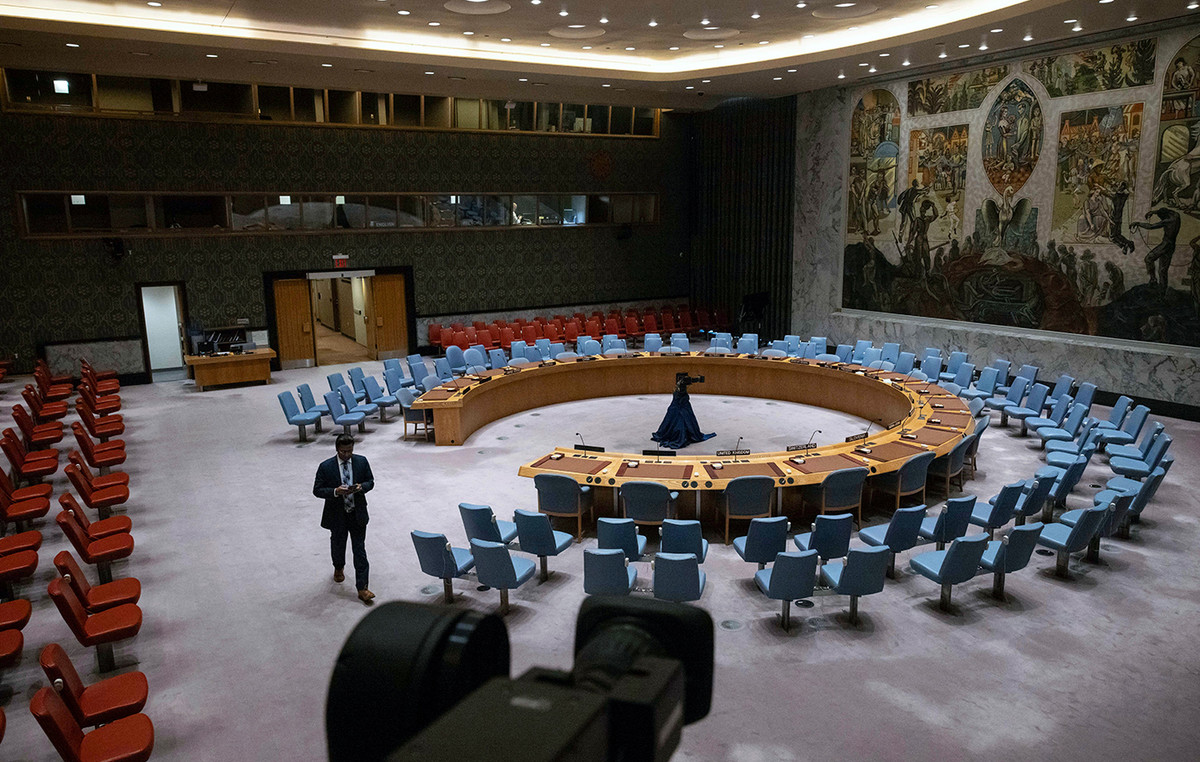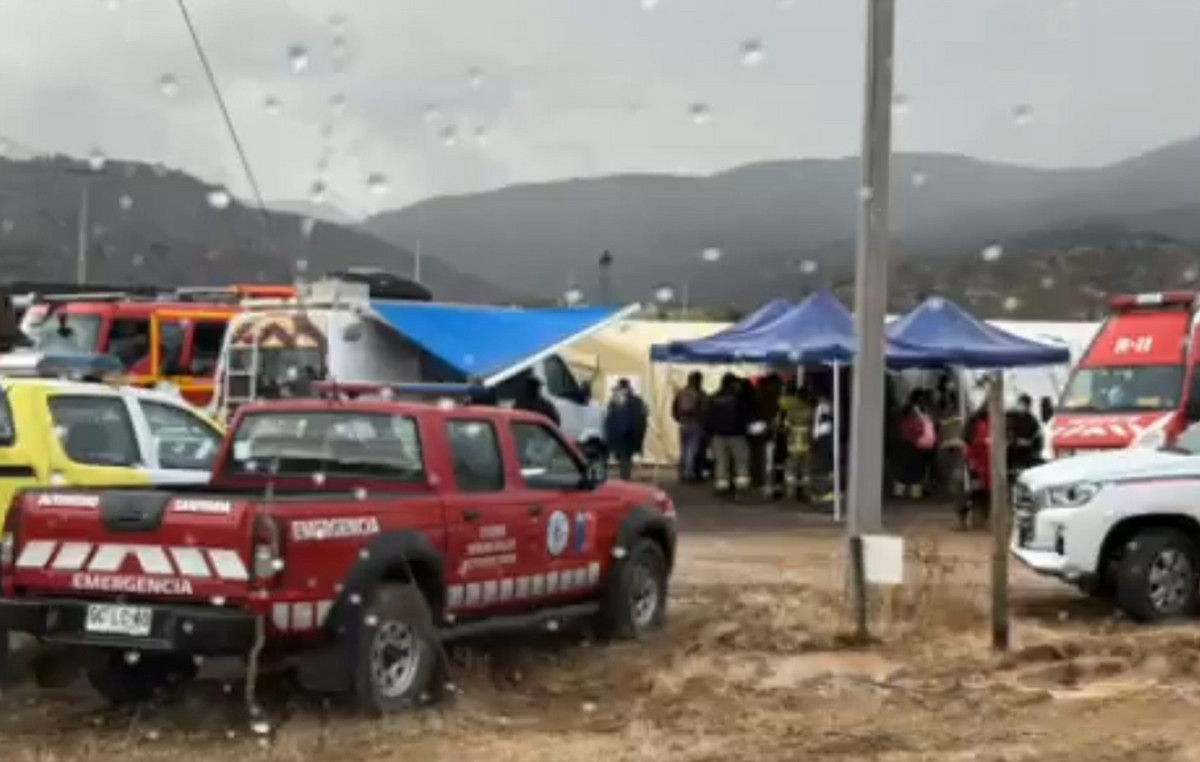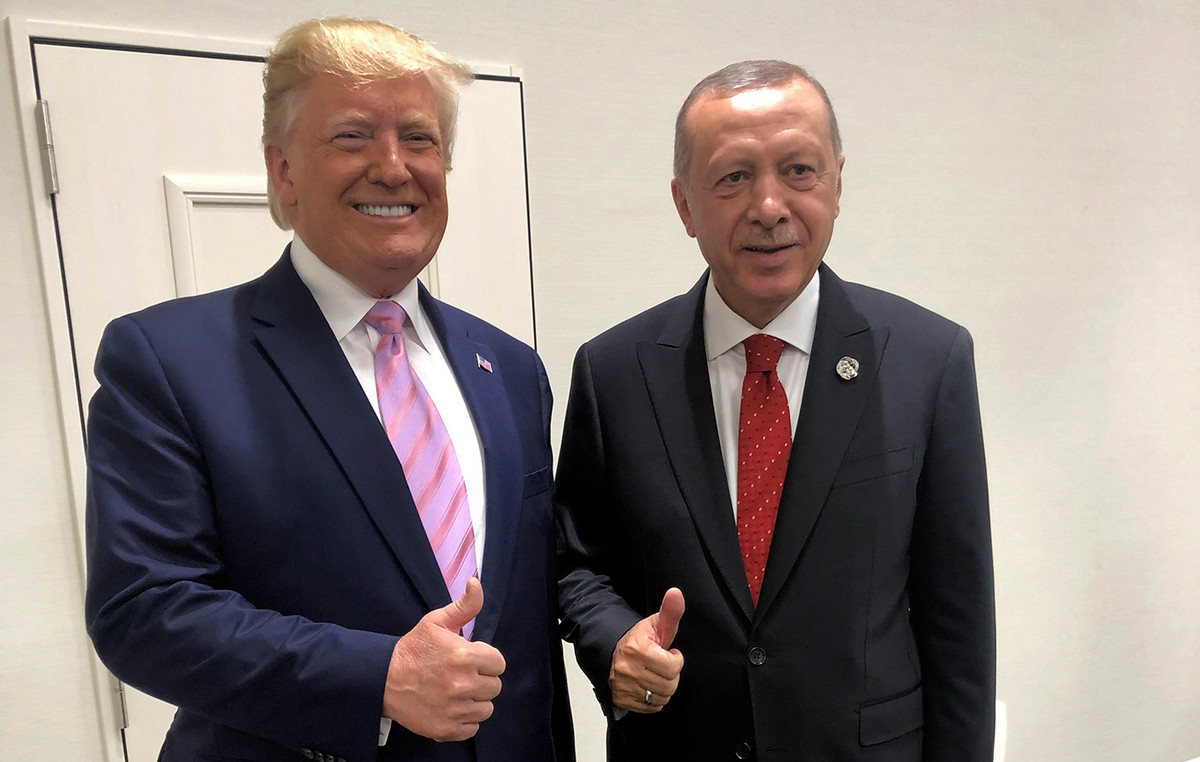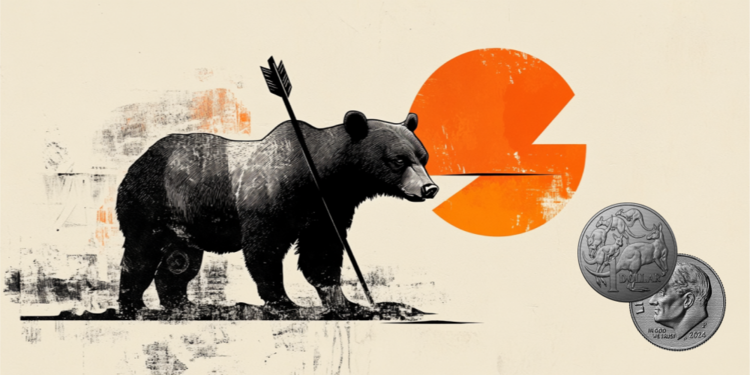The list of companies that have left Russia has only grown since last week, when the country invaded Ukraine, starting Europe’s biggest conflict since World War II.
Some of them, like the oil giants, are following the siege placed by the West through sanctions on the Russian economy, as they withdraw their stakes in local businesses. Others, such as the automakers, preferred, for the time being, to suspend operations, awaiting the resolution of the conflict.
stampede of oil companies
This Monday (28), the oil giants Equinor and Shell announced the end of their equity partnerships with local companies in the sector.
in the case of Anglo-Dutch Shellthe company said in a statement that it would divest its core Sakhalin 2 LNG business, in which it holds a 27.5% stake, and which is 50% owned and operated by Russian gas giant Gazprom.
Shell says Sakhalin-2 supplies about 4% of the current world market for LNG.
already the company norwegian energy Equinor said it would stop its investments in Russia and start the process of exiting joint ventures, considering its current situation in the country “unsustainable”.
In a statement, Equinor said that it has been in Russia for over 30 years, with a cooperation agreement signed with Russian oil company Rosneft in 2012. The Norwegian company has around 70 employees in the country, where it produces around 25,000 barrels of oil per day.
The company’s decisions came a day after the giant’s announcement british BP, that it will give up its nearly 20% stake in Russian oil company Rosneft. That move could cost the British company more than $25 billion.
apple
Apple said on Tuesday that it had halted all sales of products in Russia in response to the Russian invasion of Ukraine.
“We are deeply concerned about the Russian invasion of Ukraine and we stand with all the people who are suffering as a result of the violence,” Apple said in a statement.
adidas
German sportswear company Adidas has suspended its partnership with the Russian Football Federation (RFS) with immediate effect, a company spokesman said on Tuesday.
The spokesperson gave no further details.
The decision is in line with a series of decisions taken by sporting bodies to cut ties with Russian-affiliated bodies or companies after the war in Ukraine.
Visa and Mastercard
US payment card companies Visa and Mastercard have blocked several Russian financial institutions from their network, complying with government sanctions imposed by Moscow’s invasion of Ukraine.
Visa said on Monday that it was taking immediate steps to ensure compliance with applicable sanctions, adding that it would donate $2 million to humanitarian aid. Mastercard also pledged to contribute $2 million.
“We will continue to work with regulators in the coming days to fully meet our compliance obligations as they evolve,” Mastercard said in a separate statement on Monday.
automakers
Ford announced on Tuesday the suspension of its operations in Russia, effective immediately. The automaker has a 50% stake in Ford Sollers, a joint venture between the American automaker and Russian Sollers.
“Given the situation, we inform our JV partners today that we are suspending our operations in Russia, effective immediately, until further notice,” the company said in its statement.
Also on Tuesday, the Harley-Davidson said it had suspended its business and shipments of its motorcycles to Russia, where the brand’s dealerships represent only a small part of its network.
Harley’s website says the company has 369 dealerships in the European Union, its second-largest market after the United States. In Russia, that number should be around 10.
the english Jaguar Land Rover also announced on Tuesday the interruption of deliveries of cars to the country due to the conflict.
The day before, the German automaker Daimler Trucks said it would freeze its business activities in Russia with immediate effect, including its cooperation with Russian truck maker Kamaz. No more trucks will be built under Daimler’s joint partnership with Kamaz and no more components will be supplied, the group said in an internal memo seen by Reuters.
“Our cooperation with Kamaz is of a purely civil nature and was only concluded with this focus,” the memo said.
“In this cooperation, it goes without saying that we always strictly comply with all applicable export control and sanctions regulations,” he added.
Daimler Truck said it was deeply shocked by the military violence in Ukraine and said it was monitoring the situation closely. “We will comply with all measures taken by the German government and the EU,” he said on Twitter.
Also on Monday, the Swedish automaker Volvo Cars said it will suspend shipments of cars to the Russian market until further notice. In a statement, the company said it made the decision because of “potential risks associated with trading material with Russia, including sanctions imposed by the EU and the US”.
“Volvo Cars will not deliver any cars to the Russian market until further notice,” the company said.
A Volvo spokesman said the automaker exports vehicles to Russia from factories in Sweden, China and the United States. Volvo sold around 9,000 cars in Russia in 2021, based on industry data.
O Mercedes-Benz Group is also looking at legal options to divest its 15% stake in Kamaz as soon as possible, the Handelsblatt newspaper reported.
A Mercedes spokesman told Reuters that business activities would have to be reassessed in light of current events.
THE General Motorsbased in Detroit, announced on Friday that it is halting all exports to the country that is currently invading neighboring Ukraine.
Cutting exports to Russia won’t be too expensive for GM, however. GM sells only about 3,000 vehicles a year in Russia through 16 local dealers, according to a company spokesman. That’s over 6 million vehicles that the company sells annually worldwide.
GM currently has no factories in Russia, so most of the vehicles it sells there are imported from US factories, while some are imported from South Korea.
On the same day, the French automaker Renault said it will temporarily suspend operations at its Moscow auto assembly plant next week due to “forced change in existing logistical routes” that are causing component shortages.
The interruption will run from February 28 to March 5, according to the companies, which added that it is analyzing options to resume operations as soon as possible.
Finnish tire manufacturer Nokian Tires said on Friday that it is shifting production of some of its main product lines from Russia to Finland and the United States to prepare for possible additional sanctions following Russia’s invasion of Ukraine.
While operating its factory near St Petersburg at full capacity, Nokian has begun transporting tires from Russia to warehouses closer to its customers, a spokesperson told Reuters.
Other companies
On Thursday, global agricultural commodities trader Bunge announced the closure of the company’s offices in Ukraine and temporarily suspended operations at two oilseed processing facilities in Nikolaev and Dnipro.
Bunge employs more than 1,000 people in the country and also owns and operates grain elevators and an export terminal in Ukraine, the company said. In addition, it operates a corn processing plant through a joint venture.
The North American agricultural commodities trader Archer-Daniels-Midland Co also said on Thursday that it had closed its facilities in Ukraine, including an oilseed crushing plant and a grain export terminal.
ADM operates a grain port terminal in Odessa, an oilseed crushing plant in Chornomorsk, five silos inland and one on the river, and a commercial office in Kiev, employing more than 630 people, according to its website.
They also add to the list Carlsberga Coca-Cola HBCthe bottling company of Coca-Cola, the snack maker mondelez — which sells Oreo cookies and Milka chocolates — and the steel manufacturer ArcelorMittal.
*With information from Reuters, Estadão Content and CNN Business
Source: CNN Brasil
I am Sophia william, author of World Stock Market. I have a degree in journalism from the University of Missouri and I have worked as a reporter for several news websites. I have a passion for writing and informing people about the latest news and events happening in the world. I strive to be accurate and unbiased in my reporting, and I hope to provide readers with valuable information that they can use to make informed decisions.







